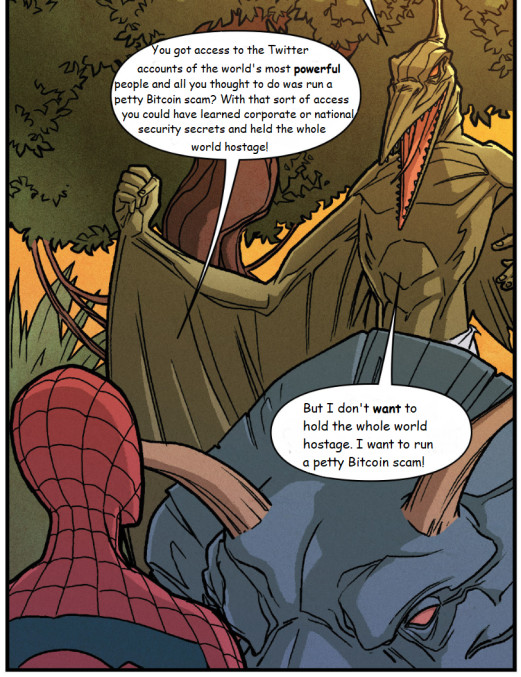Jeff Rothenberg's seminal 1995
Ensuring the Longevity of Digital Documents focused on the threat of the format in which the documents were encoded becoming obsolete, and rendering its content inaccessible. This was understandable, it was a common experience in the preceeding decades. Rothenberg described two different approaches to the problem,
migrating the document's content from the doomed format to a less doomed one, and
emulating the software that accessed the document in a current environment.
The Web has dominated digital content since 1995, and in the
Web world formats go obsolete very slowly, if at all, because they are in effect network protocols. The example of IPv6 shows how hard it is to evolve network protocols. But now we are facing the obsolescence of a Web format that was very widey used as the long effort to kill off Adobe's Flash comes to fruition. Fortunately, Jason Scott's
Flash Animations Live Forever at the Internet Archive shows that we were right all along. Below the fold, I go into the details.









